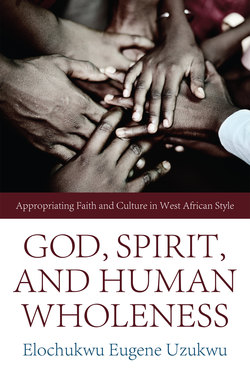Описание книги
The Holy Spirit provides access to relationship with and reflection on the Triune God. In West Africa, Christians approach the Triune God in a way that challenges the Jewish-Christian memory. Deeply rooted in their ancestral memory, where living is relationality, they embrace the Trinitarian faith, the economy of the relational God-Christ-Spirit, by expanding and reinventing their indigenous experience of God, deities, spirits, and ancestors. Christian faith-practice is marked by the spectacular dominance of the Holy Spirit, whose charisms reflect the operations of deities. African Initiated Churches (AICs), Protestant and Catholic charismatic movements, experience God-Spirit's liberating and healing hand for the enhancement and realization of communal and individual destiny (what one expects from a concerned providential deity).
This book argues that the emergent West African Trinitarian imagination is in harmony with Hebrew insight into the One and Only Yahweh of the patriarchs that assumed the dimensions of Elohim, God–experienced as a sound of sheer silence by Elijah, and proposed in utter weakness as the Only God by Deutero-Isaiah–the God that Jesus called Abba, Father. As Spirit and Life, the Holy Spirit, which is the source of all charisms (Origen), is our link to the Trinity.
This book argues that the emergent West African Trinitarian imagination is in harmony with Hebrew insight into the One and Only Yahweh of the patriarchs that assumed the dimensions of Elohim, God–experienced as a sound of sheer silence by Elijah, and proposed in utter weakness as the Only God by Deutero-Isaiah–the God that Jesus called Abba, Father. As Spirit and Life, the Holy Spirit, which is the source of all charisms (Origen), is our link to the Trinity.
